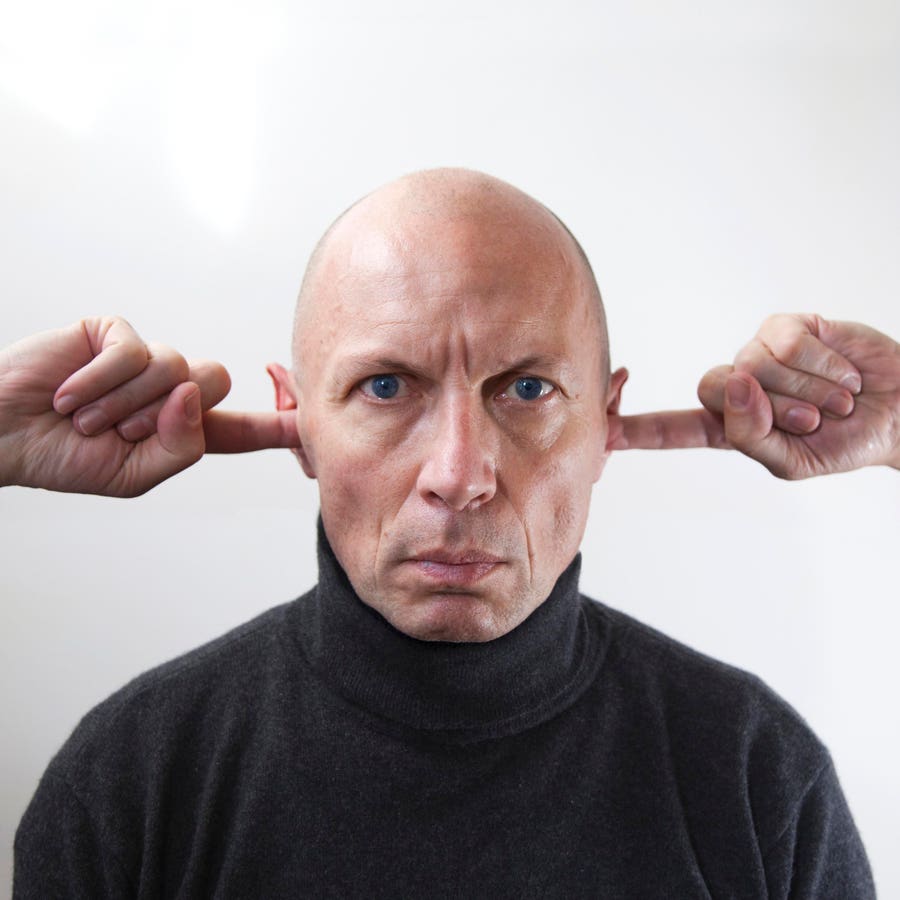In considering and studying inequality, researchers, philosophers, and others look at many factors, such as initial and accumulated advantages, sociological edges, favors from affinity groups, institutional power, and even protection by systemic bias and inertia.
But a couple of weeks ago, new research in the journal Psychological Bulletin, published by the American Psychological Association (APA), pointed to another factor: ignorance.
Ignorance can come from an innate lack of awareness or of data and information, a lack of education, or an inability to grasp a fact or line of logic. That isn’t the mental state the study considered. The researchers from the University of Amsterdam, Max Planck Institute for Human Development, and Tilburg University had something else in mind, which was willful ignorance.
“Willful ignorance emerges in situations where a decision maker’s interest may conflict with someone else’s interests,” the authors wrote.
The researchers had three objectives:
1. Undertake an overview of the variations of the studied.
2. Help better understand the psychological drivers involved in the decisions.
3. Analyze how strong willful ignorance might be.
A meta-analysis of 22 research studies, with a total of 6,531 participants, conducted either in research laboratories or online, weren’t exactly the same, but they shared something. Participants would have to make a choice and their choice would affect another person.
The rough structure of the experiment was that participants were paired randomly and anonymously. One could decide to take one amount of money ($5) or another ($6). If they chose the $5 reward, the other person would get the same sum. If they took the $6, the second person received $1.
Each study divided the participants into two groups. In one, each person was informed of the consequence of their action before they took it. The other group had to option to learn the consequence or not before making their choice.
Of those who were automatically told in advance the consequence of their choice — the control group — 74% acted altruistically, forgoing the extra dollar so each got the same amount.
Across all the studies, when people were given the option to know or not know the consequences of their actions — they knew there was a chance a choice might or might not mean leaving someone else at a disadvantage — 40% chose not to know. People who chose to learn the consequence of their actions in advance were 15.6 percentage points more likely to be generous to the paired participant when told the consequences of their actions in advance compared to those who chose to be ignorant.
Also, people who chose to learn the consequences were 7 percentage points more likely to be generous than participants who were automatically told.
The researchers concluded that one reason for willful ignorance is because people want a self-image of being an altruistic person, even though they knew there was a possibility that someone else might be negatively affected.
“While most people are willing to do the right thing when they are fully informed of the consequences of their actions, this willingness is not always because people care for others,” said one of the authors, Shaul Shalvi, a PhD candidate at the University of Amsterdam, in prepared remarks. “A part of the reasons why people act altruistically is due to societal pressures as well as their desire to view themselves in a good light. Since being righteous is often costly, demanding people to give up their time, money and effort, ignorance offers an easy way out.”
Presumably, as the stakes get larger, the percentages of people who want to remain ignorant might grow.
Ignorance may or may not be bliss, according to the old saying, but it can make profitability a lot more comfortable.
Read the full article here













